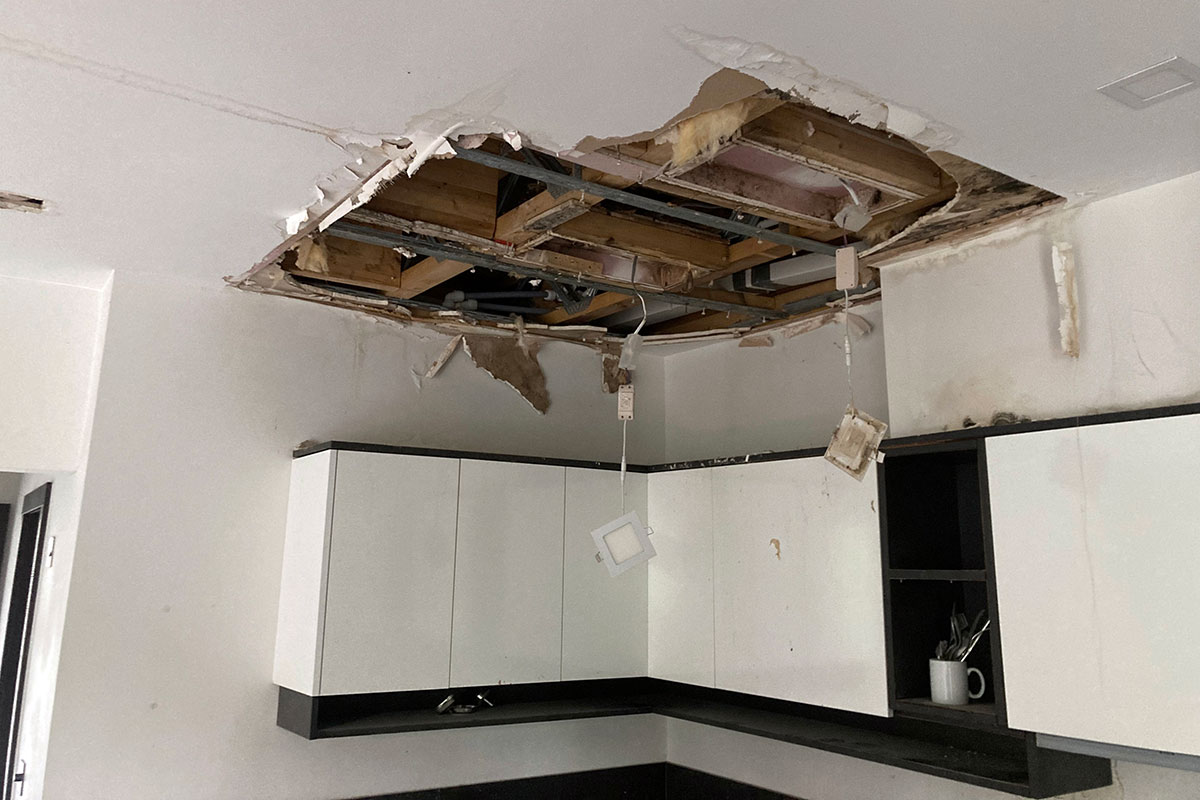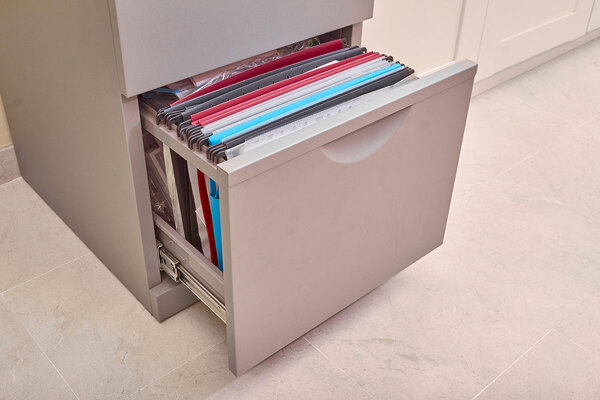You are viewing 1 of your 1 free articles
What actually made it into the Leasehold Reform Act?
Since the hotly debated Leasehold and Freehold Reform Bill was rushed through parliament, many do not know what made the final cut, writes Nathan D’Alessandri, director of corporate governance and compliance, LB Navana
For many of us who have been keeping a watchful eye on the passage of the Leasehold and Freehold Reform Bill over the past six months as it made its way through the House of Commons and the House of Lords, it may have come as a surprise that such a hotly debated and potentially impactful bill was included in the wash-up before parliament was dissolved. Whether this has been rushed through and needed more time to develop remains to be seen.
Even for those heavily invested in the outcomes of the bill, it may not yet be exactly clear which of the proposed clauses and amendments have been included within the final act.
Nevertheless, it might be useful to consider what the headline provisions of the act are.
-
Leasehold houses: Part 1 stipulates, in all but rare circumstances, a blanket ban on selling new houses under a leasehold tenure.
-
Leasehold enfranchisement and extension: Part 2 contains some of the most impactful provisions in the leasehold arena. The two-year qualifying period to extend a lease after purchase has been scrapped. Any lease extensions will be for a period of 990 years, rather than the typical 90-year period. There are also some provisions that seek to formalise and reduce the price payable by the leaseholder. One of these is the removal of the presumption that the costs of the lessor or freeholder will be borne by the leaseholder.
-
Right to Manage: Part 3 makes adaptations to the qualifying limits and costs payable for claims of leaseholders to move to a Right to Manage. The previous threshold of 25% of non-residential space has now been increased to 50%, which brings more buildings into scope. The presumption of other party costs being borne by the Right to Manage company has been removed in most circumstances.
-
Service charge and estate management: Parts 4-7 have varying applications over how these functions are conducted. Provisions are included as to the way in which demands are issued. There are changes to the provision of accounts and audited reports. Admin charges and insurances are both captured with framework amendments and limits. There are changes to widen the requirement for membership of a redress scheme.
-
Building safety: While the Building Safety Act is less than two years old, there are amendments contained within Part 8. Most of these changes affect the application of cost recovery and remediation of defects.
The act does not deliver the much-touted shift to a new era of commonhold as was called for by leaseholder lobby groups and even promised by certain spokespeople within central government. However, from a leaseholder perspective, many of the provisions within the act will be seen in a positive light.
Conversely, for many landlords, the opposite is true and much has been spoken about the potential for future claims to be brought forward for breaches of human rights, due to a perceived mass transfer of wealth.
From the perspective of a property professional, as the dial has been moved, the opportunity to provide expert support has never been greater. This advice and guidance will be needed in equal measure by freeholders and leaseholders alike and is not limited to one service – specialist valuers, asset managers, property managers, lawyers and others will all play their part.
“The act does not deliver the much-touted shift to a new era of commonhold as was called for by leaseholder lobby groups and even promised by certain spokespeople within central government”
However, this itself presents its own challenges. One of the areas of reform that teased an appearance, but was not finally included, was the regulation of property agents. It is now five years since Lord Best made his recommendations, and while we have no guarantees, we can be certain that change is coming. This should prompt all leasehold professionals to consider their own compliance and best practice policies, the level of training of their staff, and how transparent they are in their business practices.
Most of the provisions mentioned in this article will require secondary legislation to bring them into effect.
Nathan D’Alessandri, director of corporate governance and compliance, LB Navana
Sign up for our regulation and legal newsletter
Already have an account? Click here to manage your newsletters
Sign up to the Regulation and Governance Conference 2024
At a time of major regulatory change, the Regulation and Governance Conference is designed to give board members and governance and risk professionals the insight they need to plan and prioritise effectively.
Join more than 250 delegates and 45 speakers to confidently navigate the change ahead and ensure you have the right governance structures and assurance frameworks to keep tenants safe and run a viable business.














